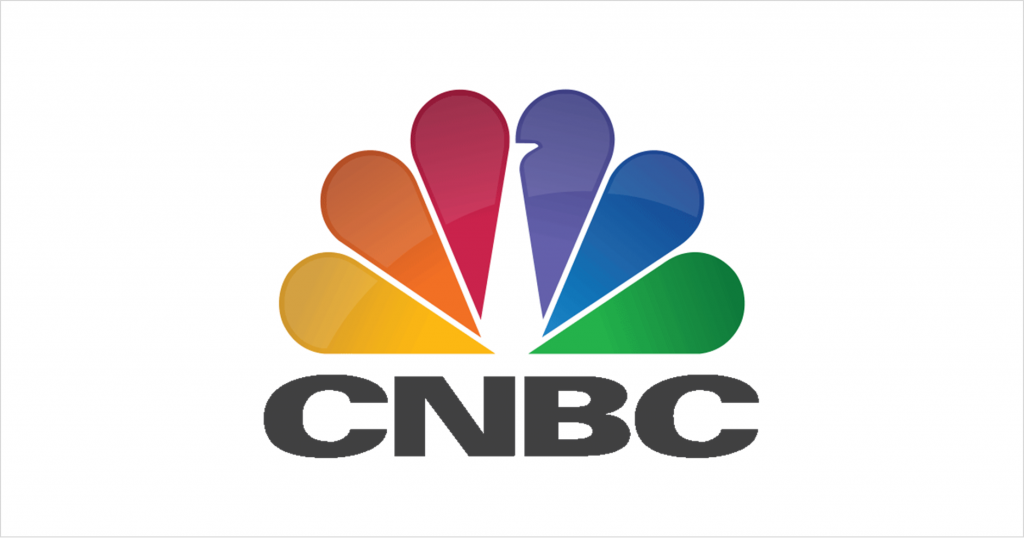Dow rises more than 100 points after Fed keeps rates unchanged, tech leads

“This was definitely in line with what we expected,” said Gregory Faranello, head of U.S. rates trading at AmeriVet Securities. “They’re clearly linking the success of the economy to the coronavirus … they’re all in on this. They’re going to see this through the pandemic.”
Stocks rose on Wednesday as tech shares led the way and as the Federal Reserve kept interest rates unchanged.
The Dow Jones Industrial Average gained 160.29 points, or 0.6%, to close at 26,539.57. The S&P 500 climbed 1.3% to 3,258.44. The Nasdaq Composite advanced 1.4% to 10,542.94.
Facebook and Amazon each rose more than 1% along with Apple and Alphabet. Those gains came as each company’s CEO testified in front of U.S. lawmakers following a yearlong probe into their anti-competitive practices. Investors looked for insights on how Big Tech is handling antitrust challenges from regulators with the authority to break them up.
Shares of Big Tech are among the best performers this year. Facebook and Alphabet are both up more than 13% year to date though Wednesday’s session. Amazon has skyrocketed 64.2% over that time and Apple is up 29.5%.
In a statement, the Fed’s policymaking committee said U.S. economic activity and employment “have picked up somewhat in recent months but remain well below their levels at the beginning of the year.”
The committee added that “weaker demand and significantly lower oil prices are holding down consumer price inflation. Overall financial conditions have improved in recent months, in part reflecting policy measures to support the economy and the flow of credit to U.S. households and businesses.”
The Fed slashed the overnight U.S. rate to a range of 0%-0.25% earlier this year in an effort to support the economy and maintain stable market conditions. Fed Chairman Jerome Powell told reporters the Fed will maintain its historic stimulus measures until they are confident the economy has “weathered” the crisis.
“This was definitely in line with what we expected,” said Gregory Faranello, head of U.S. rates trading at AmeriVet Securities. “They’re clearly linking the success of the economy to the coronavirus … they’re all in on this. They’re going to see this through the pandemic.”
However, Eric Winograd, senior economist for fixed income at AllianceBernstein, thinks the Fed should take more aggressive action in trying to stimulate the real economy.
“They’re showing a sense of urgency to support financial markets. They’re not showing urgency to support the real economy, ” he said. “What they can do — what I expect them to do, hopefully in September — is provide enhanced forward guidance that includes an economic variable and say they won’t raise rates until inflation is above 2%. They could also do yield-curve control; that’s something in their toolkit.”
Earnings season continues
The busiest week of the earnings season continued, with General Electric and Boeing releasing their latest quarterly figures. GE reported a stronger-than-forecast revenue along with a wider-than-expected loss. Shares of the industrial giant fell 4.4%. Boeing also posted a wider-than-expected loss and its stock slid 3%.
Shares of Advanced Micro Devices popped more than 12.5% after the chipmaker posted on Tuesday better-than-expected quarterly earnings and issued upbeat guidance for the year.
Starbucks swung to a loss during its fiscal third quarter, but the world’s largest coffee chain raised its forecast for the current quarter, sending shares up more than 3%.
“It’s clear that the worst is over for corporate profits,” said David Lefkowitz, head of equities for the Americas at UBS Global Wealth Management. “However, the pace of the recovery is still contingent on the path of the virus and further government stimulus.”
“In our view, this will be very important as a number of companies have called out how government support has been crucial to the recovery and businesses anticipate that more will be needed,” Lefkowitz said in a note.



